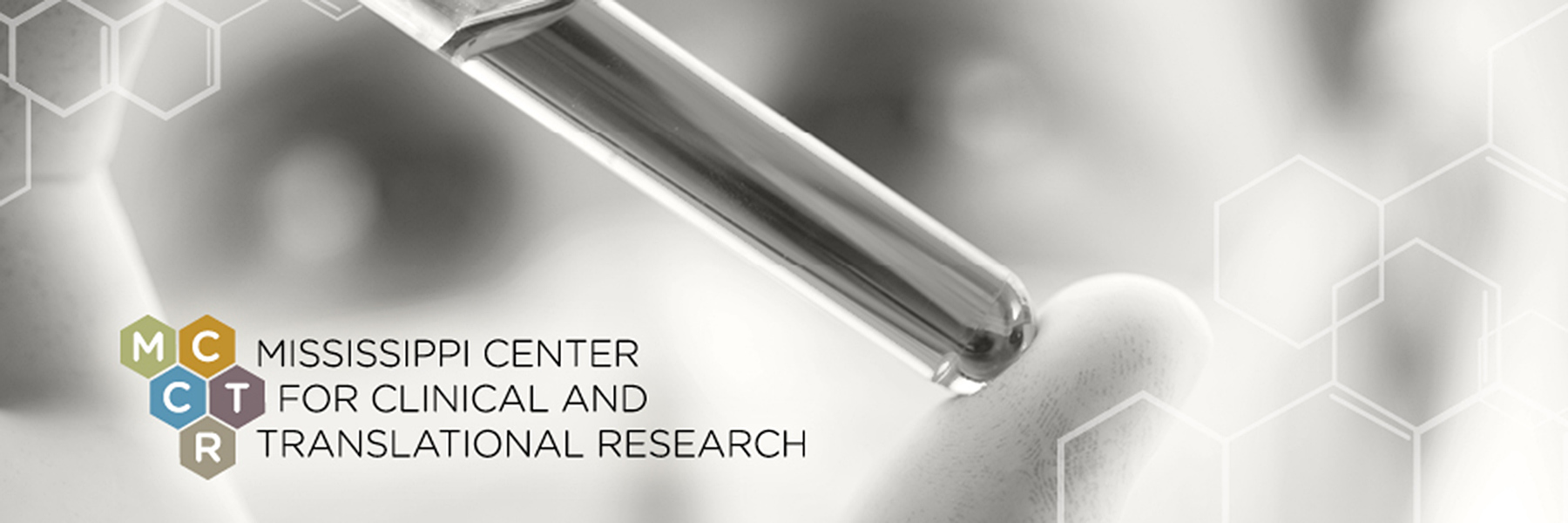
Mississippi Center for Clinical and Translational Research
The Mississippi Center for Clinical and Translational Research is an ambitious enterprise designed to promote the success of research focusing on all major diseases that impact Mississippians at our five CCTR partner institutions - the University of Mississippi Medical Center, the University of Mississippi, Mississippi State University, Tougaloo College and the University of Southern Mississippi. Our mission is to develop a powerful and sustainable research enterprise that will have an important public health impact by reducing obesity and cardiometabolic-related diseases in Mississippi.
The center is funded by an Institutional Development Award Program Infrastructure for Clinical and Translational Research grant through the National Institute of General Medicine Sciences. This $19.8 million grant seeks to improve the health of Mississippians by providing the infrastructure needed to support research projects across this multi-institutional venture.
Featured News
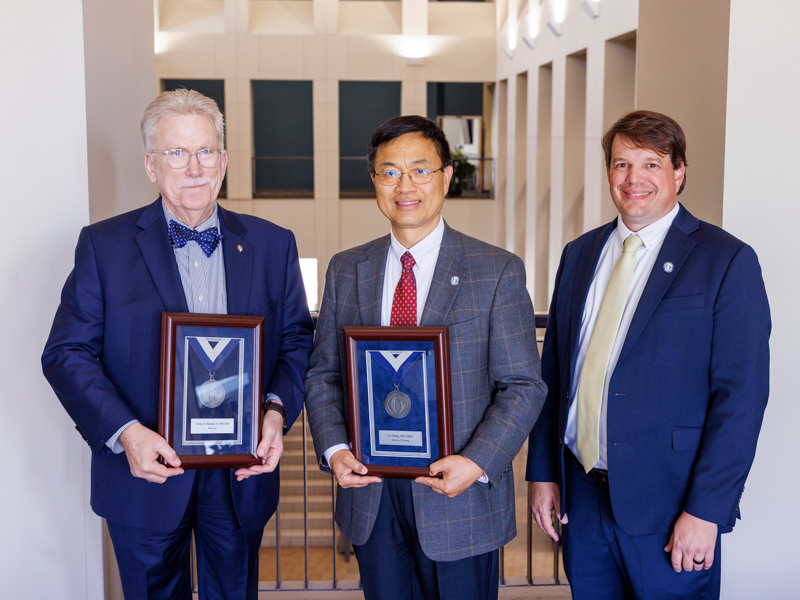
OAVCR Excellence Awards honor 2025 research accomplishments
Monday, November 17, 2025
Medical Center researchers across disciplines were hailed for their achievements in the past fiscal year, which saw a record number of proposal submissions. Read More
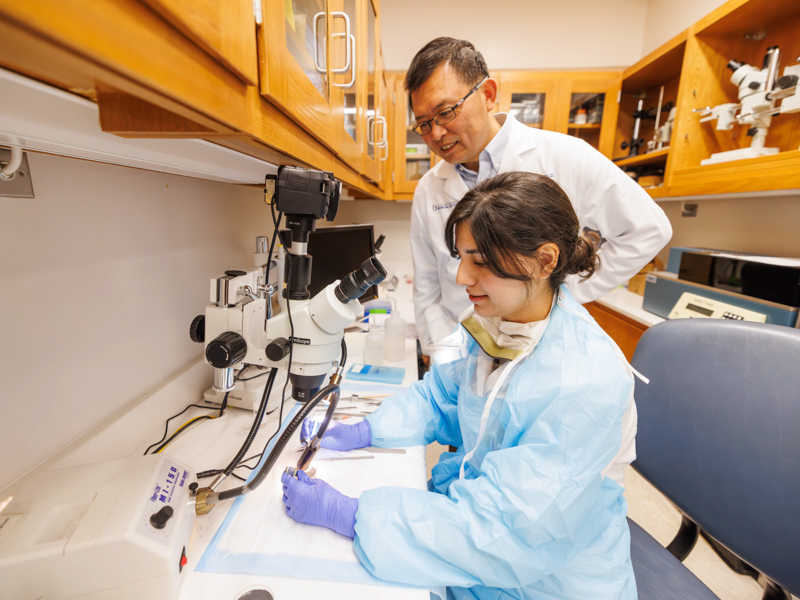
UMMC expands research to address hearing and balance disorders
Monday, September 22, 2025
With a new $11.9 million grant from the NIH, UMMC is creating the Balance and Auditory Research Center. The new center will advance discoveries to improve diagnosis, treatment and rehabilitation in hearing and balance disorders. Read More
Latest News
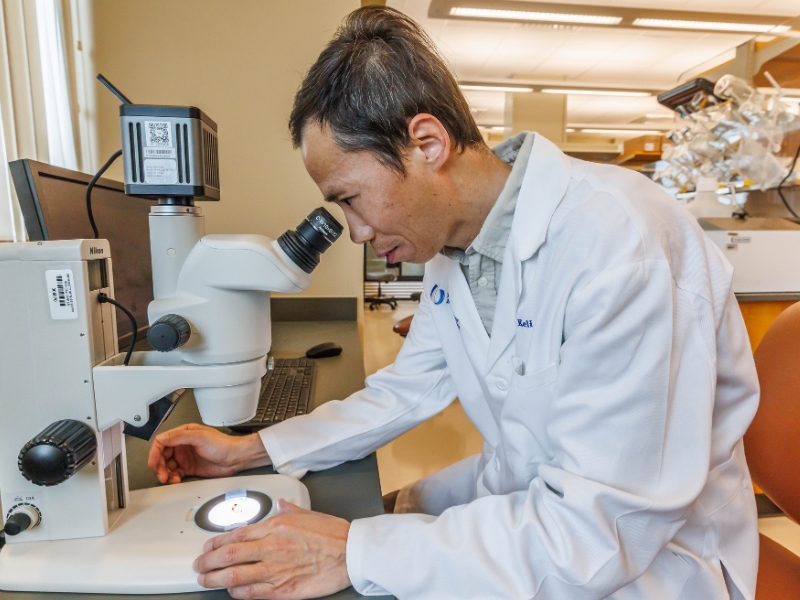
CCRI research seeking to unlock mysteries of pancreatic cancer with $1.8M NCI grant
Published on Monday, December 8, 2025
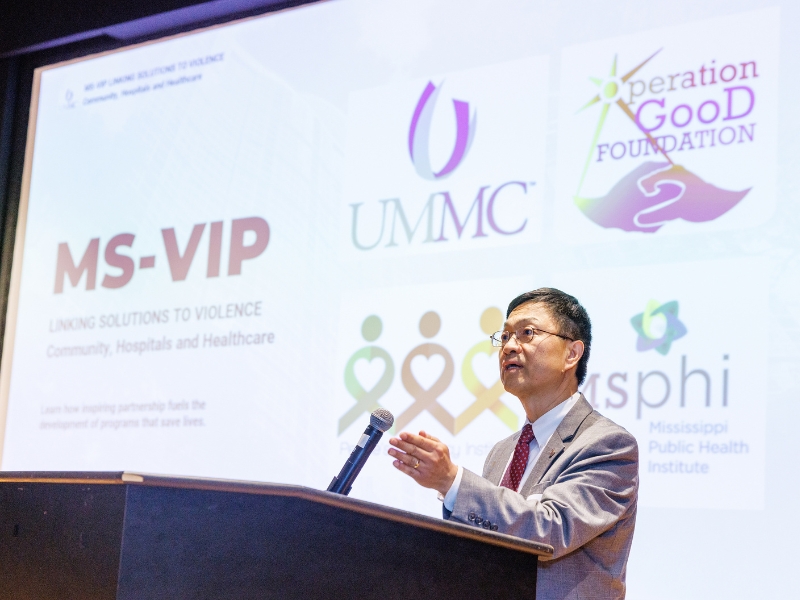
Research enterprise surpasses $100M for fiscal 2025
Published on Monday, September 8, 2025
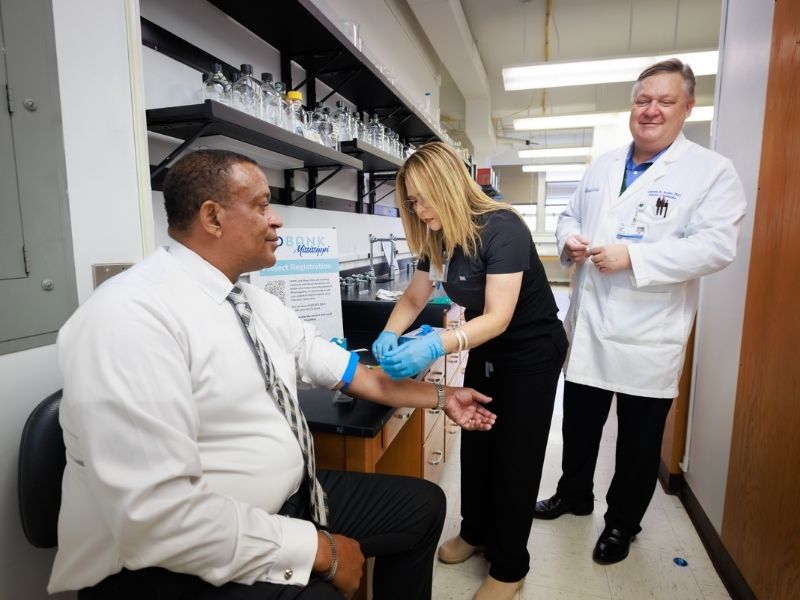
UMMC Biobank may reap dividends for improved health statewide
Published on Monday, July 28, 2025
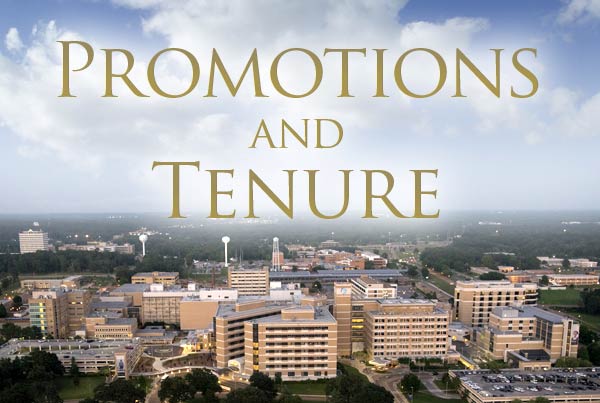
2024-2025 UMMC Promotions and Tenure
Published on Monday, July 7, 2025
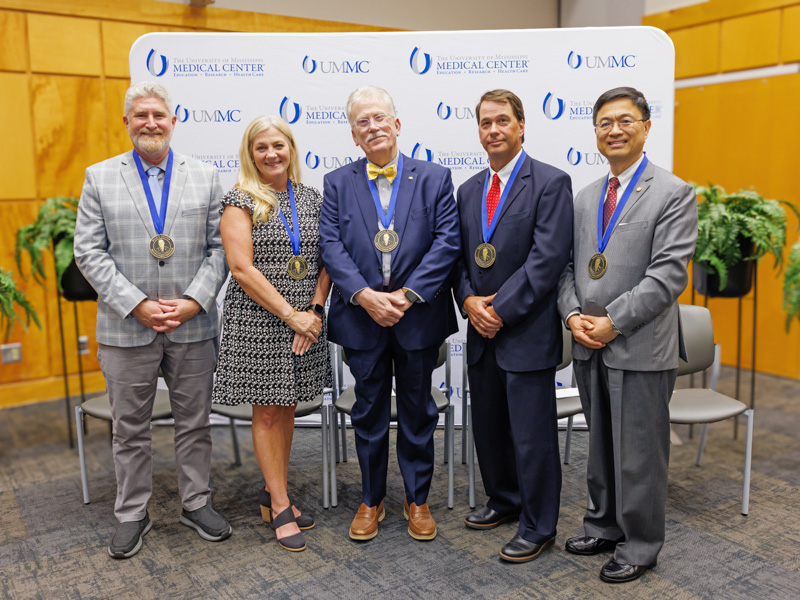
Faculty members awarded honor named for medical school legend
Published on Monday, June 30, 2025
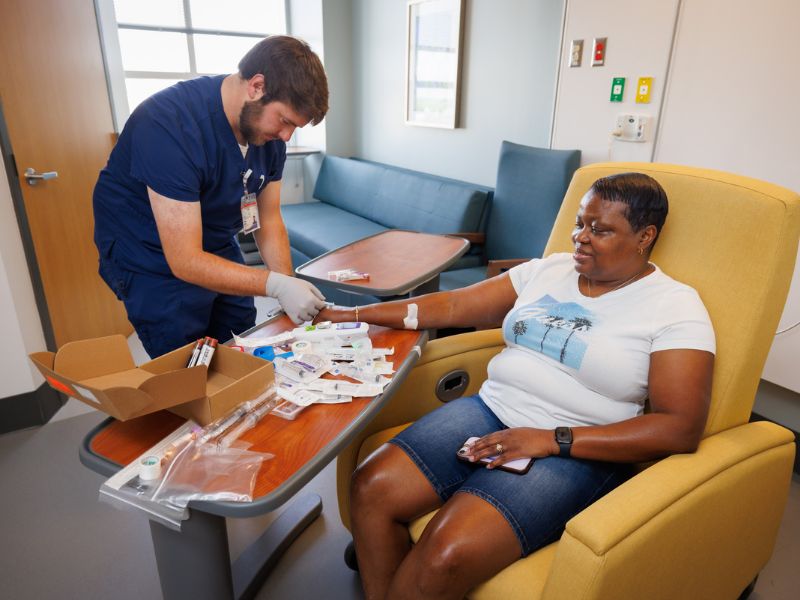
That’s My Job: Research Recruiters
Published on Monday, June 2, 2025
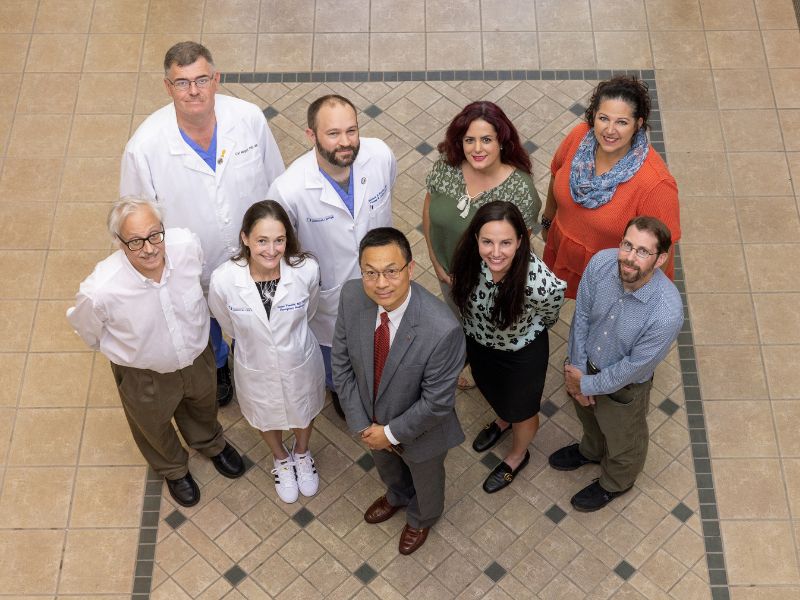
Blue Ridge Institute for Medical Research ranks School of Nursing in top quarter for research funding
Published on Monday, March 10, 2025
Find Us on Social Media
Get news and information you need about the Mississippi Center for Clinical and Translational Research by connecting with us through our social media community. The center is active on Twitter and Facebook.
We look forward to hearing from you!


